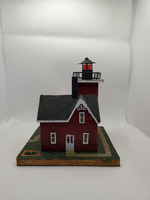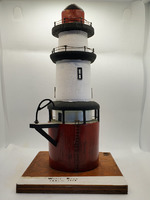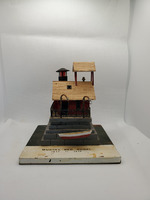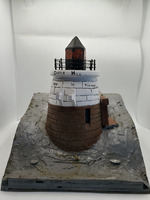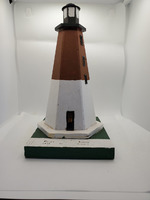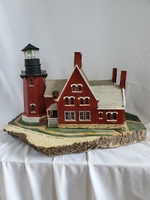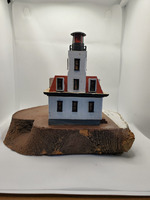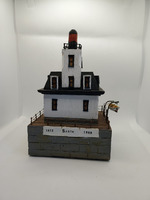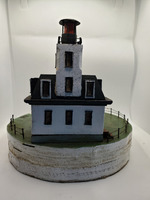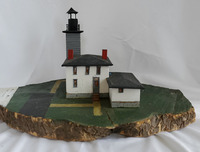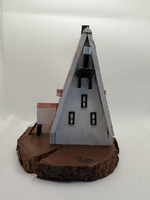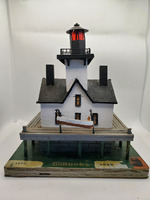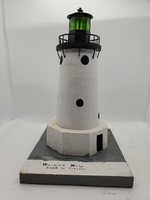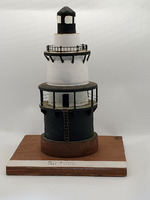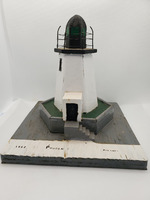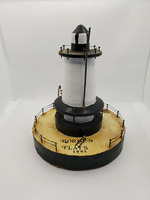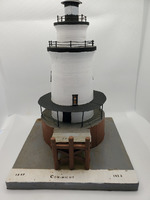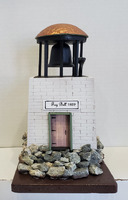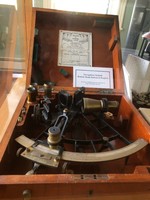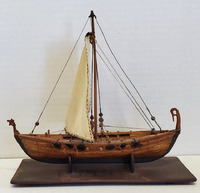Browse Items (246 total)
Conanicut Point Lighthouse - Model
Tags: Dennis Model, East Wall, Sullivan Room
Whale Rock Lighthouse - Model
Tags: Dennis Model, East Wall, Sullivan Room
Musselbed Shoals Lighthouse - Model
Tags: Dennis Model, East Wall, Sullivan Room
Castle Hill Lighthouse - Model
Tags: Dennis Model, East Wall, Sullivan Room
Point Judith Lighthouse - Model
Tags: Dennis Model, East Wall, Sullivan Room
Southeast Light - Model
Tags: Dennis Model, East Wall, Sullivan Room
Pomham Rocks Lighthouse- Model
Tags: Dennis Model, East Wall, Sullivan Room
Sabin Point Lighthouse - Model
Tags: Dennis Model, East Wall, Sullivan Room
Rose Island Lighthouse - Model
Tags: Dennis Model, East Wall, Sullivan Room
Watch Hill Lighthouse - Model
Tags: Dennis Model, East Wall, Sullivan Room
Gull Rocks Lighthouse - Model
Tags: Dennis Model, East Wall, Sullivan Room
Bullocks Point Lighthouse - Model
Tags: Dennis Model, East Wall, Sullivan Room
Warwick Light - Model
Tags: Dennis Model, East Wall, Sullivan Room
Hog Island Lighthouse - Model
Tags: Dennis Model, East Wall, Sullivan Room
Sandy Point, Prudence Island Lighthouse - Model
Tags: Dennis Model, East Wall, Sullivan Room
Bordens Flats Lighthouse - Model
Tags: Dennis Model, East Wall, Sullivan Room
Conimicut Lighthouse - Model
Tags: Dennis Model, East Wall, Sullivan Room
Beavertail Fog Bell (1829) -Model
Tags: Middle of the Room, Sullivan Room
Navigation Sextant
Tags: Middle of the Room, Sullivan Room
Viking Ship Model
Tags: Middle of the Room, Sullivan Room

